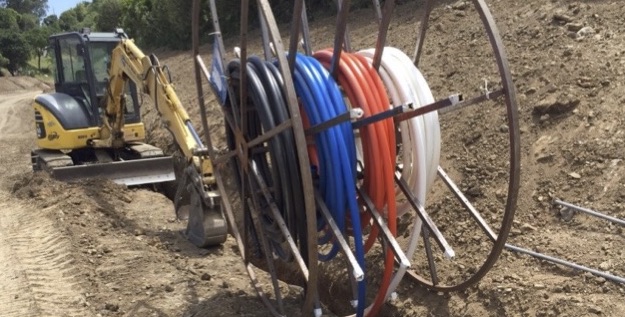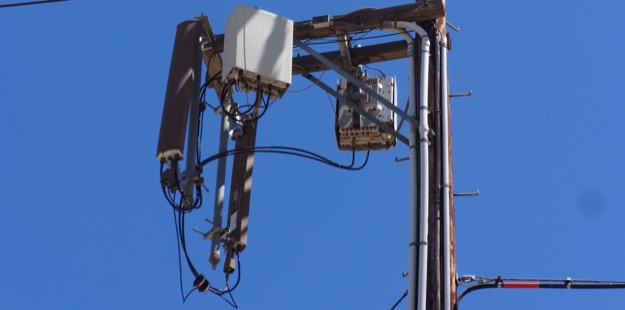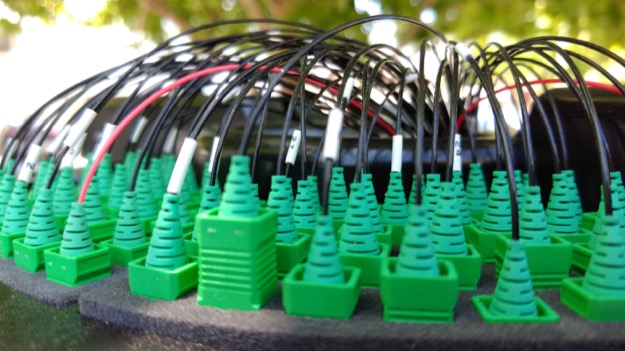Unanimous dig once vote puts broadband conduit in federal highway plans

Broadband infrastructure, and service providers, will have to be included in planning done for federally funded highway projects if, as expected, the U.S. senate goes along with a bill – house resolution 4986, aka the Ray Baum act – passed by the house of representatives last week. State transportation departments wouldn’t be required to include conduit and other telecoms facilities in projects, but they would have to share their construction plans with broadband companies and other state and local agencies, and do a minimal amount of coordination.… More



![By Slowking4 (Own work) [GFDL 1.2 (http://www.gnu.org/licenses/old-licenses/fdl-1.2.html)], via Wikimedia Commons](https://www.tellusventure.com/images/2018/1/open_internet_dont_tread_on_me.jpg)
![By Stehfun 12:21, 31 August 2006 (UTC) (Own work (own picture)) [GFDL (https://www.gnu.org/copyleft/fdl.html), CC-BY-SA-3.0 (https://creativecommons.org/licenses/by-sa/3.0/) or CC BY 2.5 (https://creativecommons.org/licenses/by/2.5)], via Wikimedia Commons](https://www.tellusventure.com/images/2017/1/weed_whacker_closeup.jpg)
![By www.elbpresse.de (Own work) [CC BY-SA 4.0 (https://creativecommons.org/licenses/by-sa/4.0)], via Wikimedia Commons](https://www.tellusventure.com/images/2017/10/lit_fiber.jpg)

![Hydrogen Iodide at the English language Wikipedia [GFDL (https://www.gnu.org/copyleft/fdl.html) or CC-BY-SA-3.0 (https://creativecommons.org/licenses/by-sa/3.0/)], via Wikimedia Commons](https://www.tellusventure.com/images/2017/11/sce_transmission.jpg)

